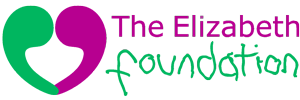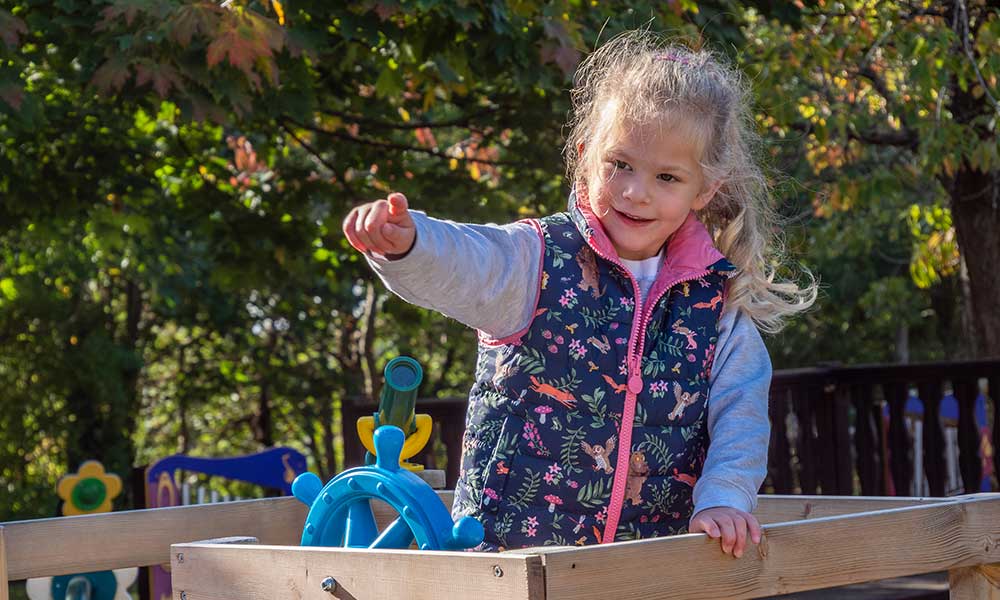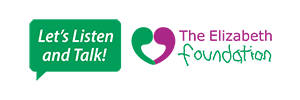The Elizabeth Foundation has always supported the decisions that our parents make when choosing the best ways to help their child learn to communicate. Responding to feedback from our beneficiaries, we have recently launched new instruction for parents in British Sign Language (BSL).
Each child has unique needs – and so does their family
A baby’s communication journey starts from the moment of birth, and his or her parents are the first in line to positively influence progress.
Parents need to be able to ‘read’ the communication cues coming from their baby and be able to provide an optimal communication environment at home. They need to feel comfortable with and confident in their skills and knowledge in order to bond with and support their baby.
A variety of communication approaches
The best communication approach for any deaf child and their family is the one which works for them, fitting in with their culture and values, and allowing the child to develop good self-esteem and positive self-image.
There is no single approach that is ‘right’ for all families. Instead, there are a variety of communication options to choose from: sign-based, listening-speaking based, and / or a combination of the two.
At The Elizabeth Foundation we are committed to a multi-sensory oral approach. Using this approach, we aim to engage all of a child’s senses with learning activities that help them develop their listening, language, speech and communication skills.
Supporting each family’s individual choice
All of the children who attend our services benefit from our embedded oral (spoken) methodology. We recognise, however, that many families may also wish to use sign language with their child. In our experience, the two approaches can work well together.
Our methodology supports the use of signs and gestures to identify what a young child needs or wants, eye contact (or eye gaze), visual cues, facial expression, body language, natural gesture, and increased focus and attention over time.
This naturally complements the use of sign language and spoken language. Research evidence also shows that learning sign language does not interfere with or preclude the development of spoken language, and can act as a bridge to talking.
Existing options for learning to sign
Parents of children attending our services continually report difficulty in finding both BSL instruction and specialist spoken language support for their family.
For parents who want to learn signing to use with their child, any BSL instruction they are able to find is often expensive, rendering it unaffordable to many families.
Around one half of our families are also learning sign language outside of our programmes. In most cases the existing support only focuses on key signs, rather than recognised British Sign. The remaining 50% of our families have either chosen not to use signing, or have been unable to access existing instruction, or, in many cases, simply cannot afford to do so.
Introducing our new sign language courses
Responding to feedback from our beneficiaries and ongoing discussions with families, we decided to provide additional support to parents enrolled in our programme by introducing new sign language instruction.
We have started a one-year trial to provide parents who attend our nursery programme the opportunity to complete a Level 1 British Sign Language (BSL) course to extend their and their children’s communication choices and to improve speech and language outcomes.
Our aim is to give parents and carers the confidence and the ability to have everyday conversations with their child using BSL alongside spoken language, visual cues and natural gestures..
“We’ve been using signs with our son as we’ve learned them and, whilst he’s still much more receptive than productive, it was lifesaving to be able to sign to him and ask questions or tell him what was going on and he’d happily respond back in [spoken] English.”
Parent on our new BSL course
Signature-accredited BSL Level 1 Qualification
Our sign language course is being provided by a Signature-qualified instructor, leading to a Signature-accredited BSL Level 1 qualification upon completion. Signature is the main awarding body for British Sign Language in the UK.
Our instructor formerly taught as a qualified Teacher of the Deaf at The Elizabeth Foundation, so she has detailed knowledge of our programme and how we can link sign language to the oral / aural work. This will ensure the signing works in partnership with the spoken language development.
“Thank you so much for your time last night – I absolutely loved it. I had the whole family signing this morning which was really sweet.”
Parent on our new BSL course
Continuing provision into the future
In January 2023, the initial cohort of parents started on our first course. The course is being delivered over a year to a class of 12-14 people through 26 online sessions, and early feedback has been extremely positive.
Indeed, the trial course has already been going so well that we are now actively seeking funding to continue offering our new BSL courses beyond the trial period. We look forward to reporting back in future posts.
“Thank you so much for teaching me BSL. My son has not been able to wear his processors due to chicken pox placement and it’s been a lifesaver to be able to have some basic communication with him in BSL.”
Parent on our new BSL course
Find out more
At present, our BSL course is only available to parents who have children attending our baby, toddler or preschool nursery services.



